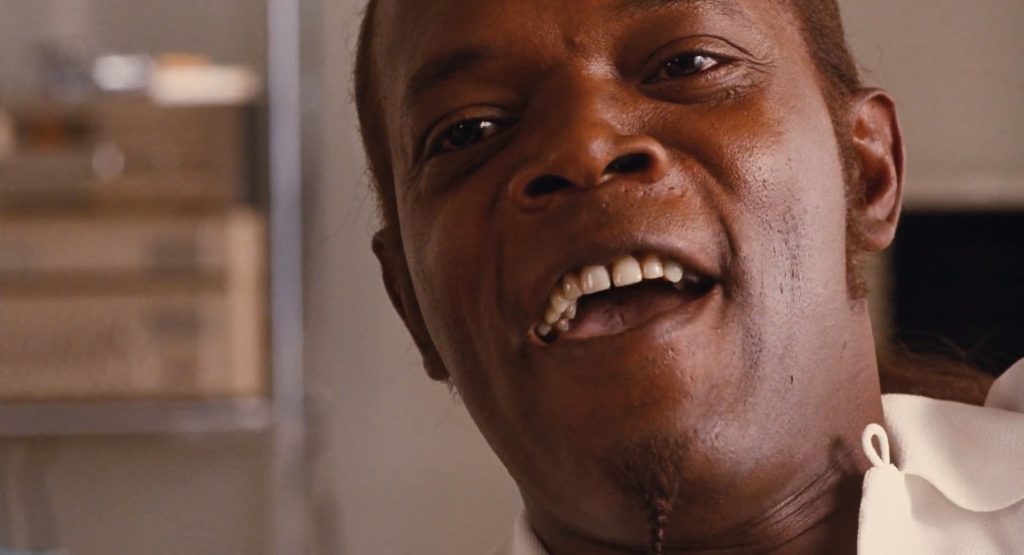What did the Catholic Church say about the movie Spotlight?
Examining the Catholic Church’s Response to “Spotlight”: A Closer Look Through a Skeptical Lens
The release of “Spotlight” in 2015, a film that unflinchingly chronicles The Boston Globe’s investigation into the Catholic Church’s sex abuse scandal, elicited a complex response from the Church itself. While outwardly embracing a narrative of regret and reform, the depth and sincerity of the Church’s reaction have been subjects of skepticism and cynicism.
Public Acknowledgment vs. Private Reservations
In the public eye, the Catholic Church expressed contrition. Figures like Cardinal Seán O’Malley of Boston acknowledged the film’s painful truths and reaffirmed commitments to safeguarding and supporting abuse survivors. The Vatican’s media outlets even praised the film’s portrayal of the journalists’ efforts. However, the promptness and public-facing nature of these acknowledgments led some to question whether these were genuine reflections of internal transformation or strategic moves to mitigate further reputation damage.
The Vatican’s Calculated Response
The Vatican’s relatively positive reception of “Spotlight,” calling it “honest” and “compelling,” could be interpreted as an attempt to control the narrative and present the Church as a humble institution ready to amend past mistakes. However, skeptics argue this may serve to gloss over the extent of the systemic issues within the Church, portraying the scandal as a closed chapter rather than an ongoing concern requiring systemic change.
Reform or Reputation Management?
Post-“Spotlight,” the Catholic Church has often cited its efforts to address and prevent abuse, pointing to policies, commissions, and programs established in response to the crisis. Yet, critics contend that these measures, while beneficial, also function as reputation management tools, possibly obscuring the full extent of complicity and the need for more profound structural reforms.
Skepticism about Sincerity and Effectiveness
The Church’s commitment to change is often met with skepticism about its effectiveness and sincerity. The film’s release reignited debates on whether the Church’s actions were primarily motivated by a genuine desire for reform or if they were calculated steps to regain moral authority and public trust. The narrative of transformation is thus seen by some as potentially overshadowing the reality of incomplete accountability and justice for the victims.
Continued Controversies and Critiques
Critics argue that while “Spotlight” forced the Church to acknowledge the abuse publicly, it did not necessarily lead to a wholesale reckoning or eradication of the culture that allowed such abuses to occur. The Church’s narrative of reform is often juxtaposed against ongoing reports of abuse and cover-up, suggesting a disconnect between public relations-driven responses and the realities of systemic change.
The Catholic Church’s response to “Spotlight” is emblematic of an institution at a crossroads, caught between preserving its authority and fully confronting its darkest chapters. While the Church has made strides in addressing the abuse scandal, the skepticism surrounding its motives and actions underscores a broader crisis of trust and faith in the institution. The legacy of “Spotlight” and the Church’s response to it continues to provoke a critical dialogue about accountability, transparency, and the genuine commitment needed to heal and reform.




